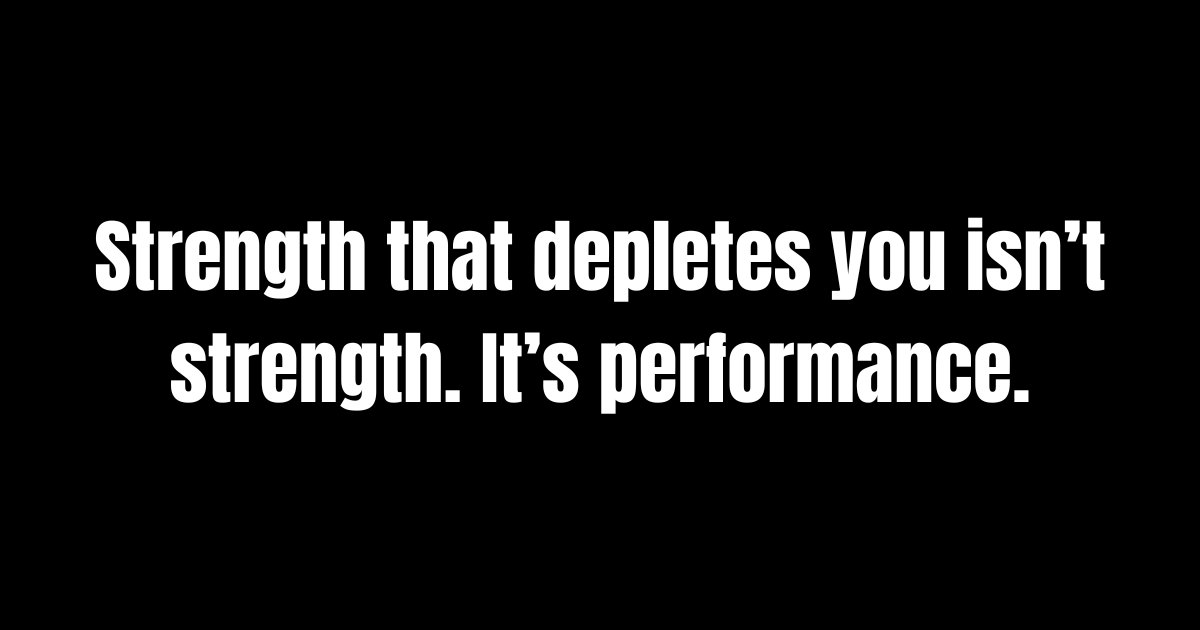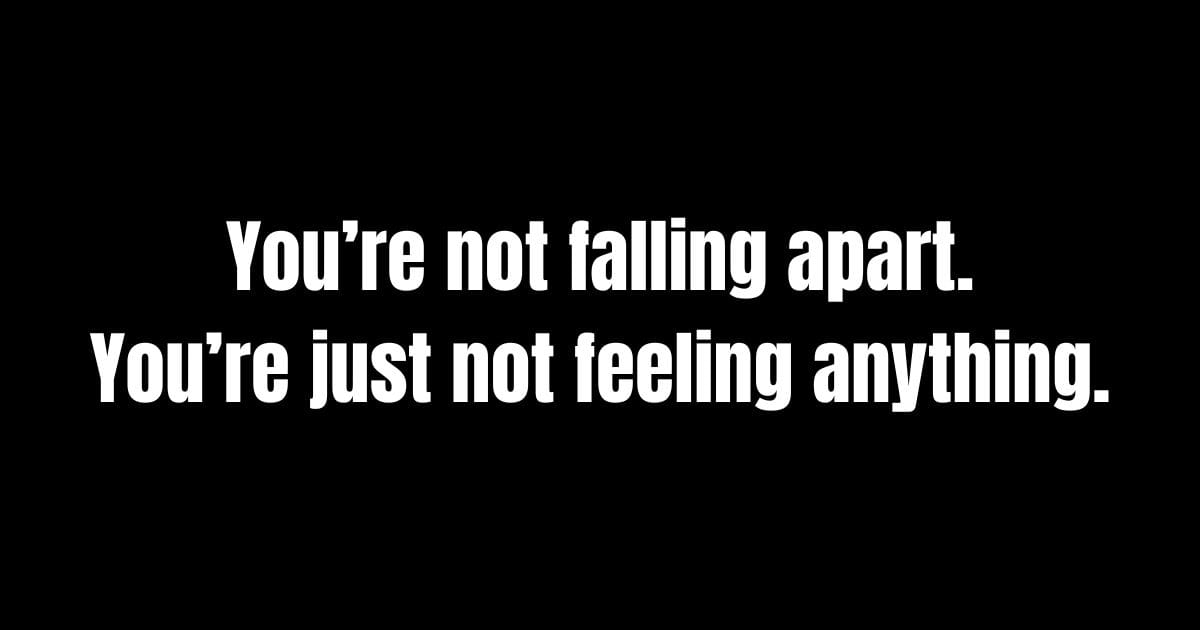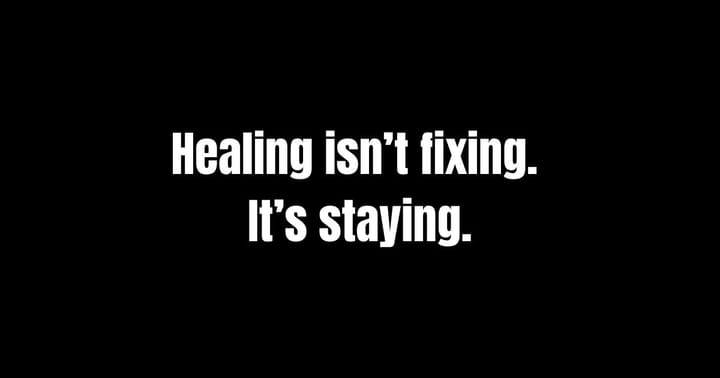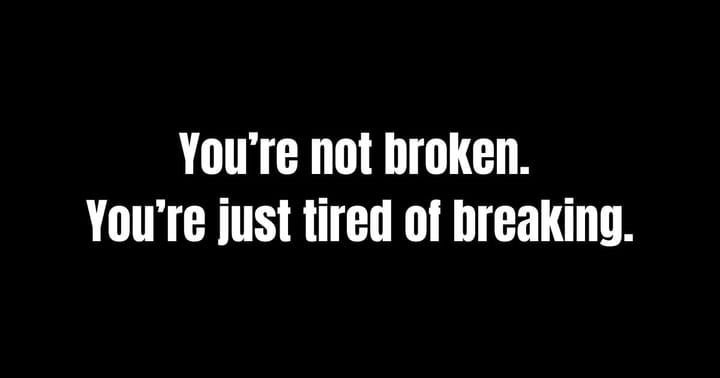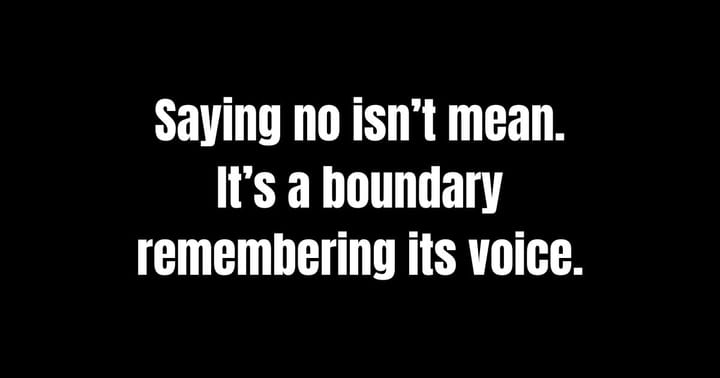When the Role You Played Becomes Too Heavy to Hold
You’ve outgrown the role but it still clings to you. This is what it feels like when the person you had to become starts suffocating the person you’re becoming. Quiet clarity for identity shifts no one else can see.
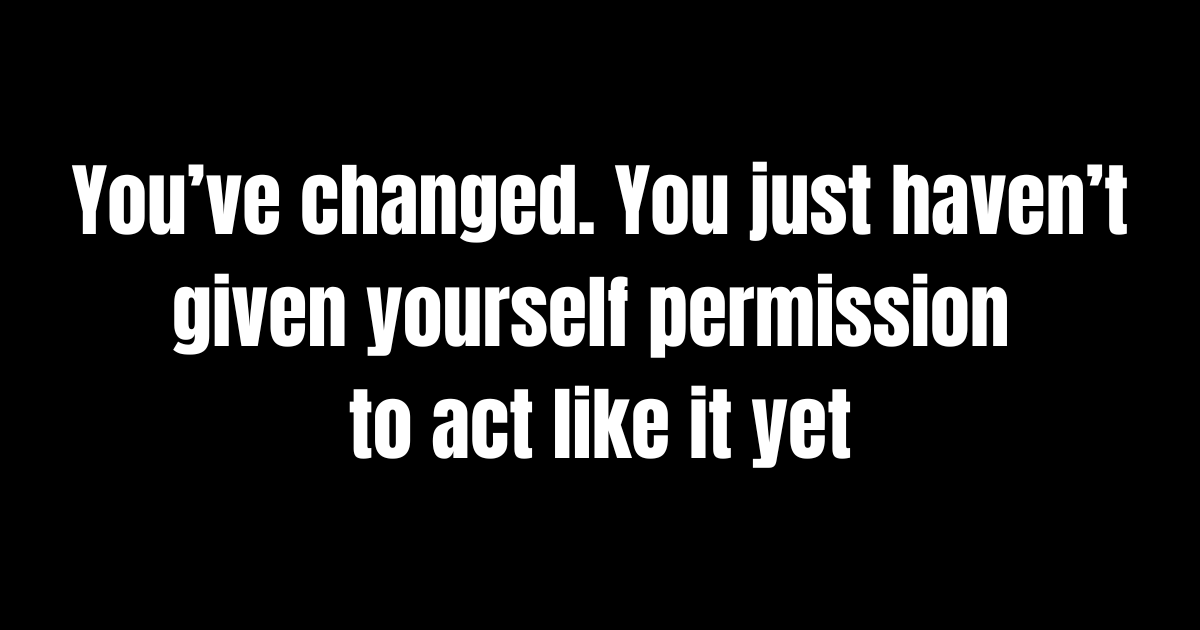
When the Role You Played Becomes Too Heavy to Hold
(And What It Means to Let Go of the Version of You That Kept Everything Together)
You were good at it.
Maybe too good.
You learned how to read the room before you even knew what your own needs were. You softened your tone. You kept the peace. You became whatever the moment needed you to be, because survival often depends on adaptation.
And eventually, it stopped being a choice.
It became who you were. Or at least, who everyone thought you were.
Reliable.
Considerate.
Unshakable.
You wore the role well but now it’s wearing you out.
You Didn’t Invent This Version of You. You Inherited It
There’s a reason the role fit so seamlessly.
You didn’t decide to be the dependable one, the fixer, the peacemaker. It was required of you long before you had the words to question it.
Sometimes by family.
Sometimes by work.
Sometimes by patterns that form when no one else steps in, and you’re too young—or too loyal to ask why.
So you became the one who holds it all.
And somewhere along the way, that became your identity.
But identities built in response to dysfunction are not sustainable.
Even if they look successful. Even if they’re admired. Because you’re not a coping mechanism. You’re a person. And eventually, people crack under the weight of performance.
It Doesn’t Always Feel Like a Crisis. Sometimes It Just Feels… Off
There’s no breakdown.
Just a slow resistance to the things you used to do automatically.
You don’t want to manage the group chat anymore.
You find yourself procrastinating on being “the bigger person.”
You resent how often people expect you to smooth things over.
You start to wonder if this version of you the one who holds space, gives grace, does the emotional labour before anyone asks was ever a choice at all.
You’re not sure who you’d be without it but you’re starting to want to find out.
Growth Doesn’t Always Look Like Expansion. Sometimes It Looks Like Laying It Down
Letting go of a role doesn’t always come with celebration.
Sometimes it comes with guilt.
You start saying no more often.
You let things go unanswered.
You stop over-explaining your boundaries.
And people notice and not always kindly.
Because the truth is, your role made other people comfortable.
Your silence kept the peace. Your predictability made things easier — for them.
When you step out of that, you disrupt the system.
But disruption isn’t cruelty.
It’s clarity.
And you are allowed to let clarity change how you show up.
The Role Helped You Survive. But It’s Not Helping You Live
There’s a tenderness in recognising the ways you protected yourself.
You were never weak for playing the part.
It kept you safe.
It helped you succeed.
It made you feel valuable when you didn’t know your worth outside of what you gave.
But now?
It’s costing you.
Your time.
Your joy.
Your self-trust.
And the longer you stay in a role that no longer fits, the more resentful you become towards others, yes, but more painfully, toward yourself.
Because deep down, you know this isn’t who you are anymore.
You’ve changed.
You just haven’t given yourself permission to act like it yet.
Let It Be Heavy. Let It Be Hard. Then Let It Go
No one tells you how disorienting it is to shed a version of yourself that everyone loved.
To realise that “being good” was just code for being agreeable.
That your emotional intelligence was used more to manage others than to protect yourself.
But there’s something else on the other side of that grief.
Breath.
Space.
A quiet, unfamiliar kind of ease.
You don’t have to rush into a new version of yourself.
Just begin with the truth:
You’re not that role anymore.
And you don’t have to keep pretending it fits.
Watch Next:
Notes to Self:
Read Next:
